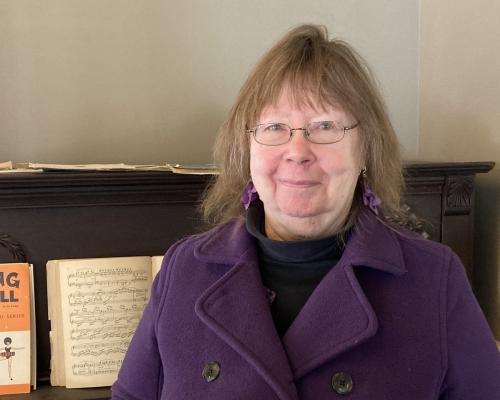
VLA Medicare Stories
Sandra: “I just don't go to the doctor anymore.”
Sandra has been on Original Medicare for a few years now and doesn’t have secondary insurance. Her income is too high to qualify for the Medicare Savings Program that would cover her cost-sharing, but too low to afford a private Medigap plan.
She describes her experience on Medicare: “The premiums are more with much less coverage. I just don't go to the doctor anymore because of the deductible and copays. I never know what they will be and can't take the chance.”
Before Sandra turned 65, she had “wonderful” health insurance through her job at the State of Vermont. She explained: “We had a copay, and it was a $20 copay so if you went to the doctor, it would be $20. Well, now I don’t know how much it would be if I went to the doctor, because there’s the copay and the deductible and… then they [Medicare] only pay 80%. I don’t feel like I can go to the doctor not knowing how much it’s going to be.”
“The premiums are more with much less coverage. I just don't go to the doctor anymore because of the deductible and copays. I never know what they will be and can't take the chance.”
For many Vermonters who had good health insurance through work or had low-cost coverage through Medicaid or a Vermont Health Connect Silver 94 plan, the transition to Medicare can be shocking. In 2024, the Medicare Part B (out-patient insurance) premium will be $174.70/month, the annual deductible will be $240, and many services will require the patient to pay 20% cost-sharing.
Sandra is 74 years old and, so far, she has been relatively healthy. However, she worries about what could happen if she falls ill in the future. Sandra recently told her adult son, only half joking: “If I pass out or something and you think about calling an ambulance, don’t! Just let me die, because we can’t afford it.”
To protect anonymity and confidentiality, some names and details in these stories have been changed.